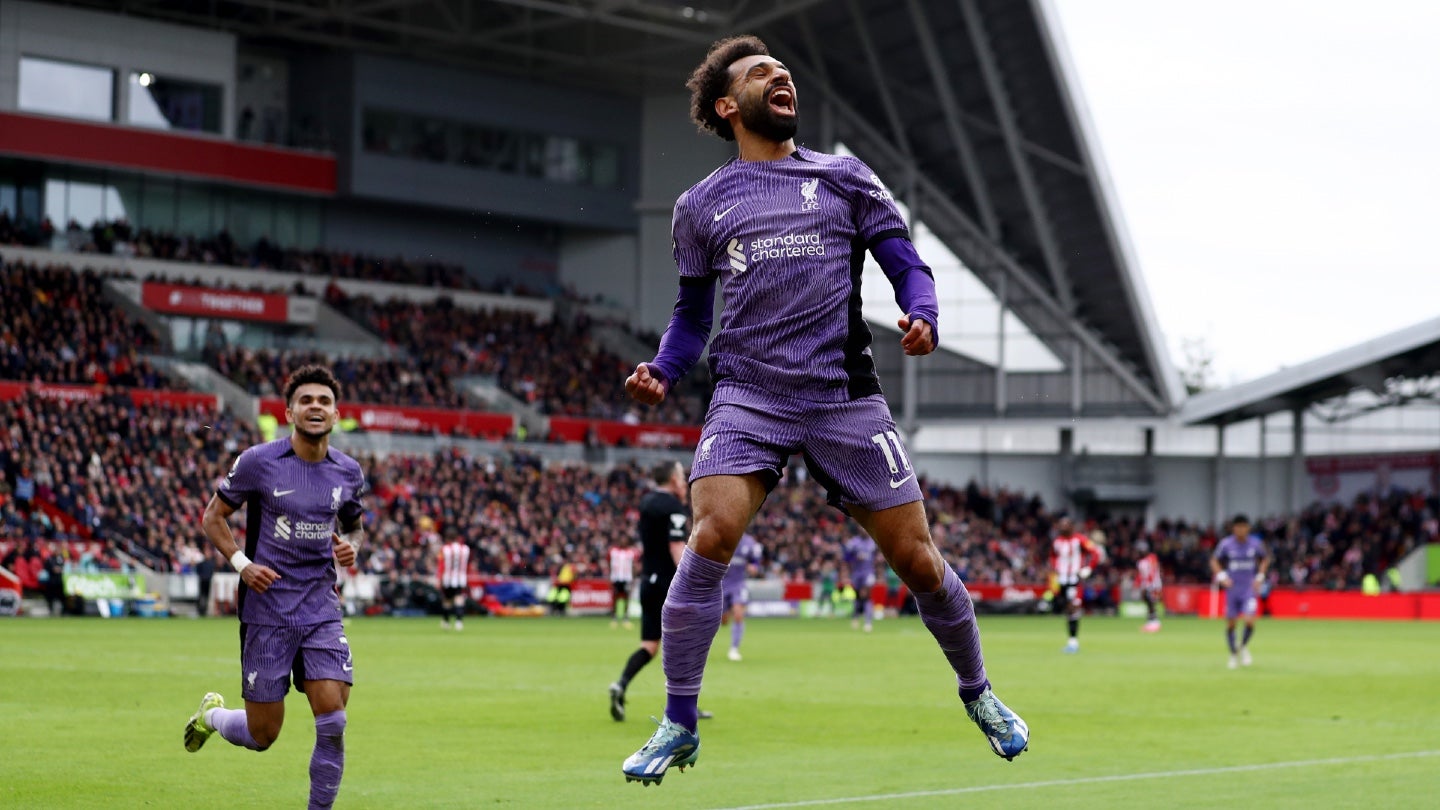
Liverpool, heavyweights from English soccer’s top-tier Premier League, saw their overall revenue for 2022-23 remain static compared to the previous season, at £594 million ($753 million).
This came with falls in the levels of media and matchday income, but a significant increase in commercial revenue.
That sector saw a year-on-year (YoY) increase from 2021-22 of £25 million, up to £272 million, to become the largest sector out of the three mentioned above.
Meanwhile, media rights income fell by £19 million, amounting to £242 million, while the matchday sector only brought in £80 million, down £7 million YoY.
The club has said that the rise in commercial revenues was caused by a growth in the number of commercial partnerships, and also the club’s pre-season tour of Southeast Asia.
In addition, there was record revenue across Liverpool’s retail operations, as seven new stores opened in Asia, and the various Liverpool global stores brought in a peak of 2.5 million shoppers overall.
How well do you really know your competitors?
Access the most comprehensive Company Profiles on the market, powered by GlobalData. Save hours of research. Gain competitive edge.

Thank you!
Your download email will arrive shortly
Not ready to buy yet? Download a free sample
We are confident about the unique quality of our Company Profiles. However, we want you to make the most beneficial decision for your business, so we offer a free sample that you can download by submitting the below form
By GlobalDataThe drop in media rights income, meanwhile, has been attributed to Liverpool’s earlier exit from the lucrative UEFA Champions League (UCL) pan-European competition in 2022-23 as compared with 2021-22. The team was knocked out at the round-of-16 stage last season, as opposed to having reached the final the prior year.
Fewer matches taking place at the club’s Anfield stadium, partly as a result of the earlier UCL exit, also accounted for the drop in matchday income to £80 million.
On the subject of matchday attendance, however, earlier this season Anfield saw a new record league attendance set, as the club moved forward with expansion plans for the renovated Anfield Road stand.
In the 2022-23 Premier League, Liverpool – owned by the US’ Fenway Sports Group since 2010 – finished fifth in the 20-team table, thereby missing out on UCL qualification for the ongoing 2023-24.
So far this season, the club has reached the knockout stages of the second-tier UEFA Europa League, and currently sits at the top of the Premier League table. They also won the League Cup domestic competition on Sunday (February 25).
At the end of September, meanwhile, FSG sold a minority stake in the club to US private equity firm Dynasty Equity.
This followed on from FSG selling an 11% stake in its overall business to RedBird Capital Partners, the US investment firm, for $750 million in 2022.
In terms of commercial activity, deals have been struck with AXA, Google Pixel, Orion, and Carlsberg over the last eight months.
Andy Hughes, managing director at Liverpool, said: “Operating this great club in a financially sustainable manner and in accordance with soccer's governing principles has been our priority since FSG acquired LFC in 2010.
“Despite the significant growing costs of soccer, the success of our commercial operations demonstrates the strength of our underlying financial position so we can continue to operate sustainably while competing at the highest levels of soccer.
“Having a record league attendance this year demonstrates just how far we’ve come since starting the significant capital investment to redevelop Anfield 10 years ago. Matchday revenue is a hugely important part of our overall financial sustainability model.
“Having the ability to grow our controllable income streams is a crucial part of our long-term plans, which enables us to continue reinvesting both on and off the pitch to support both our men’s and women’s teams’ ambitions.”







